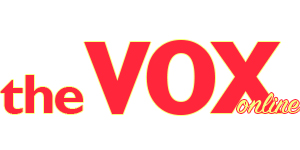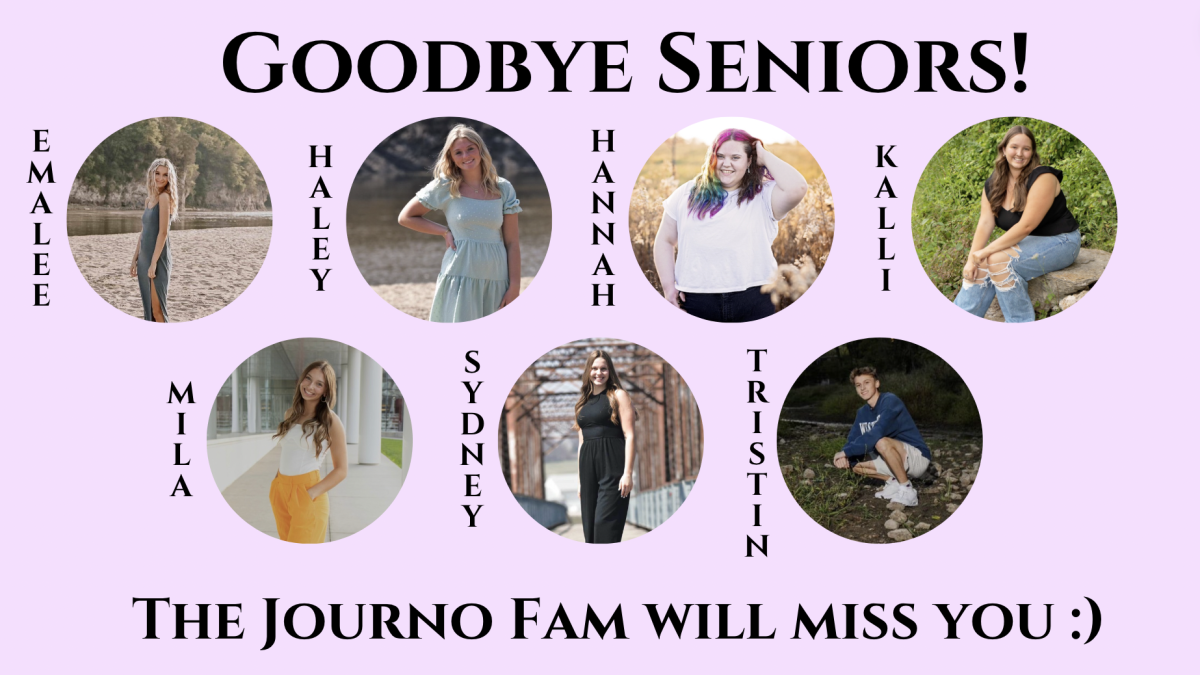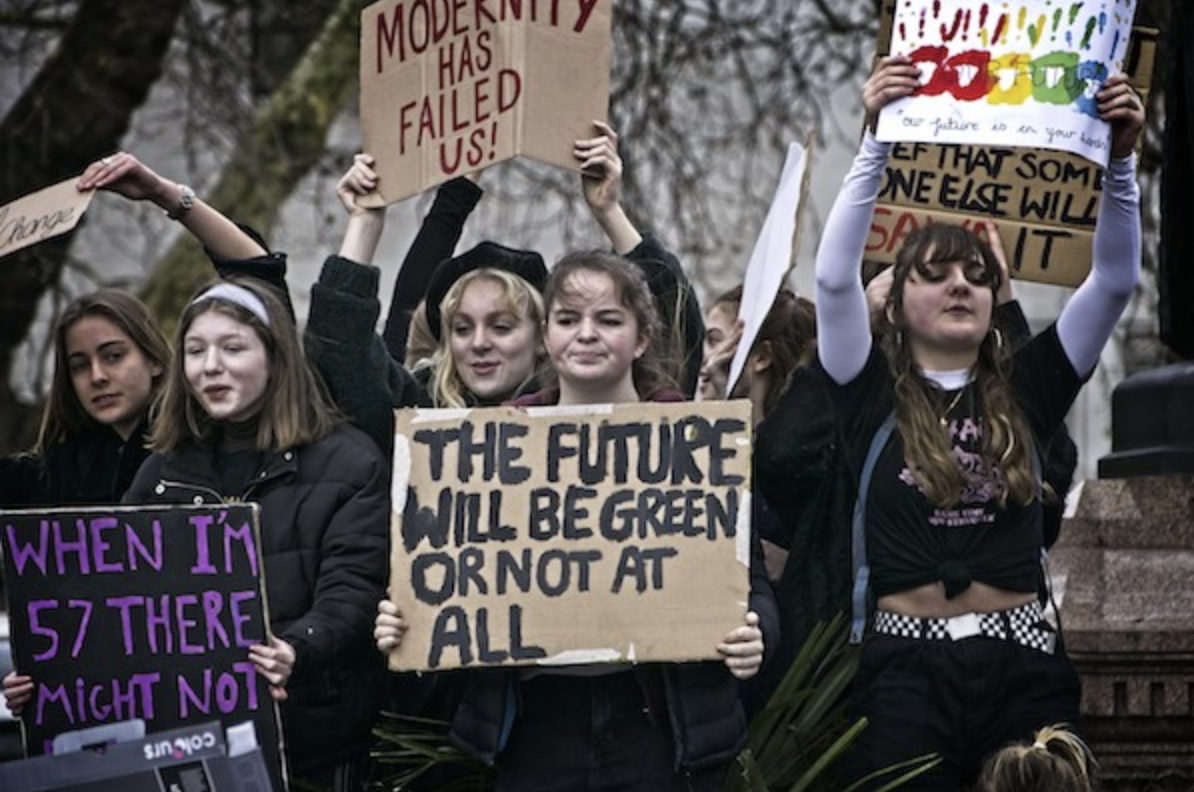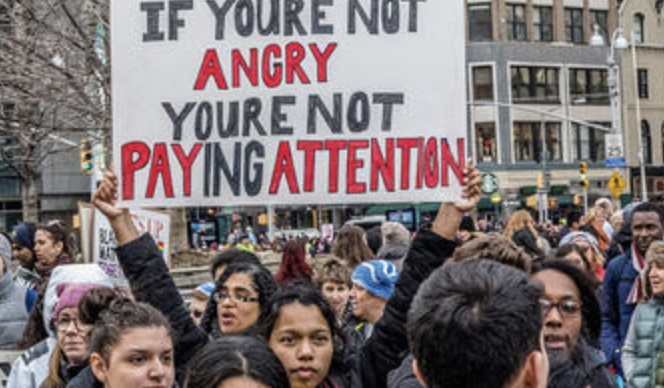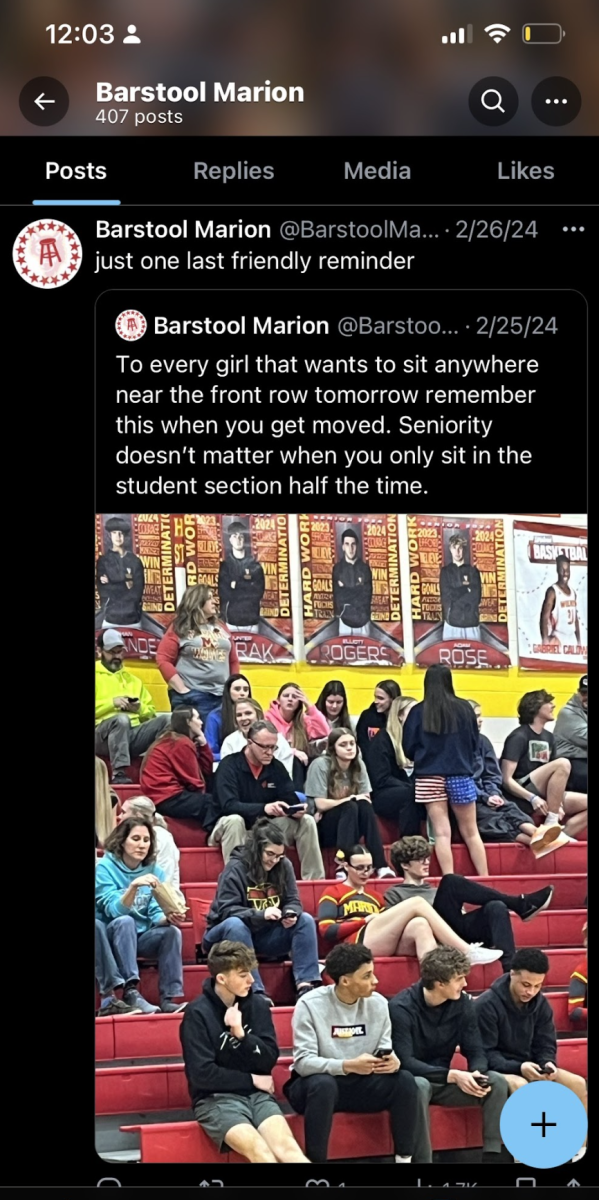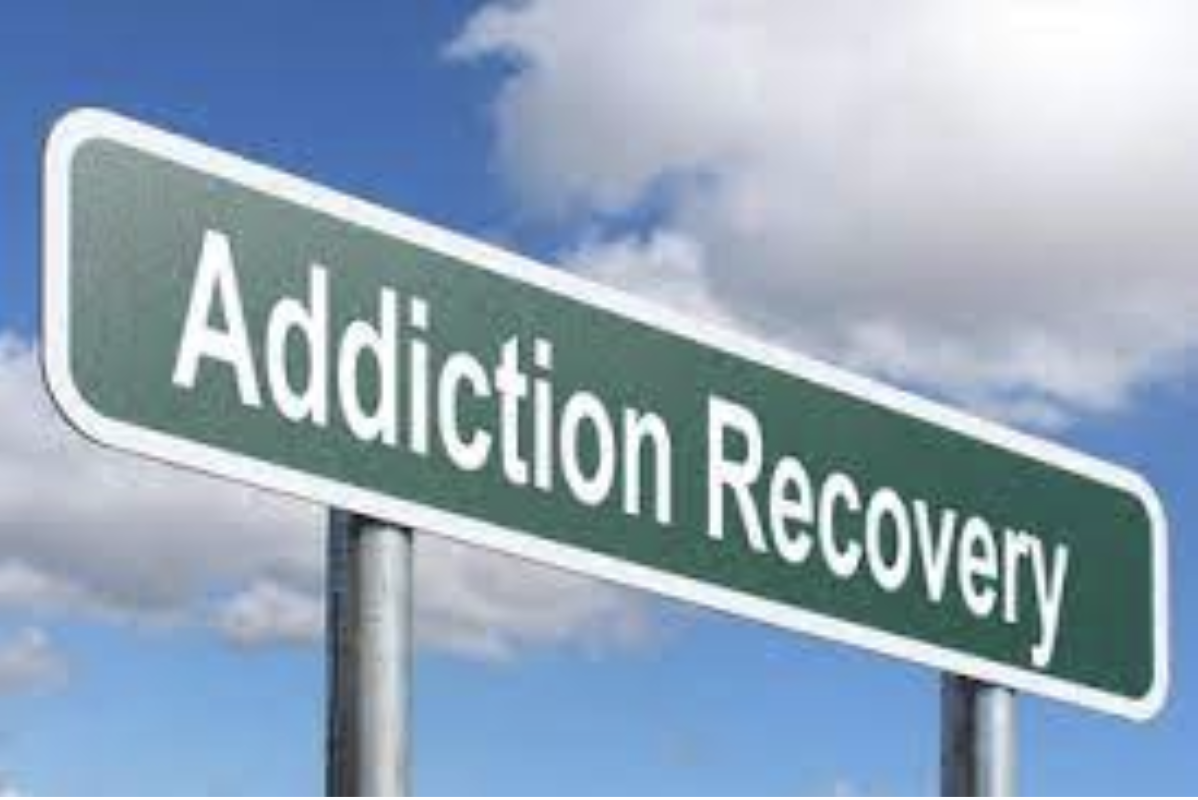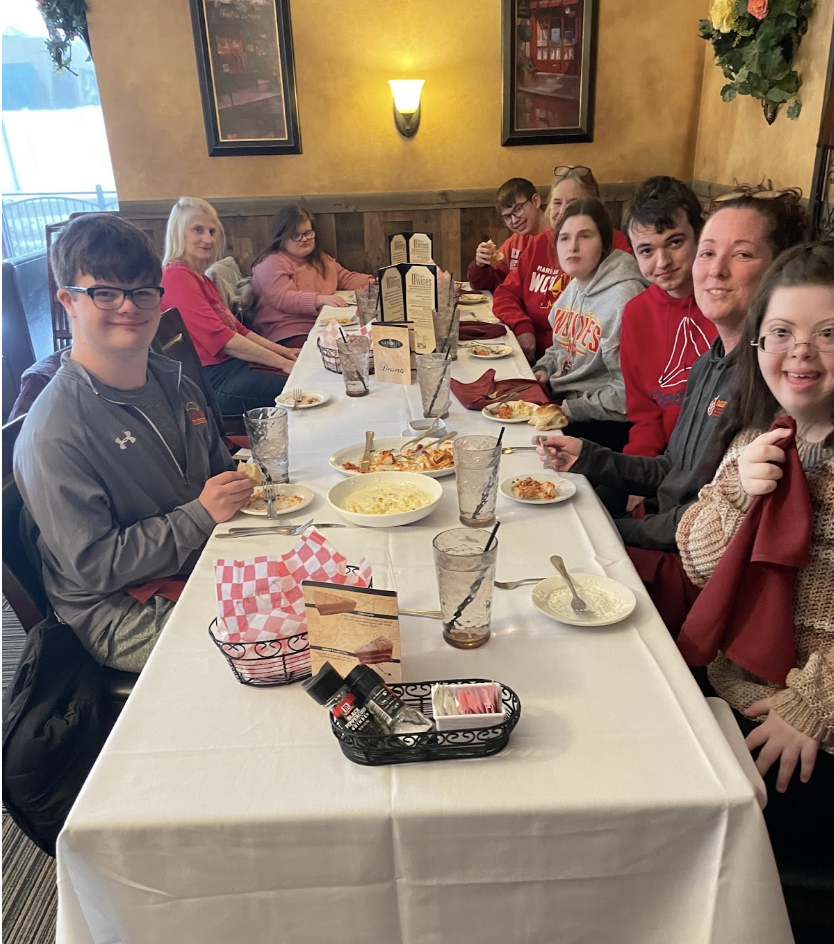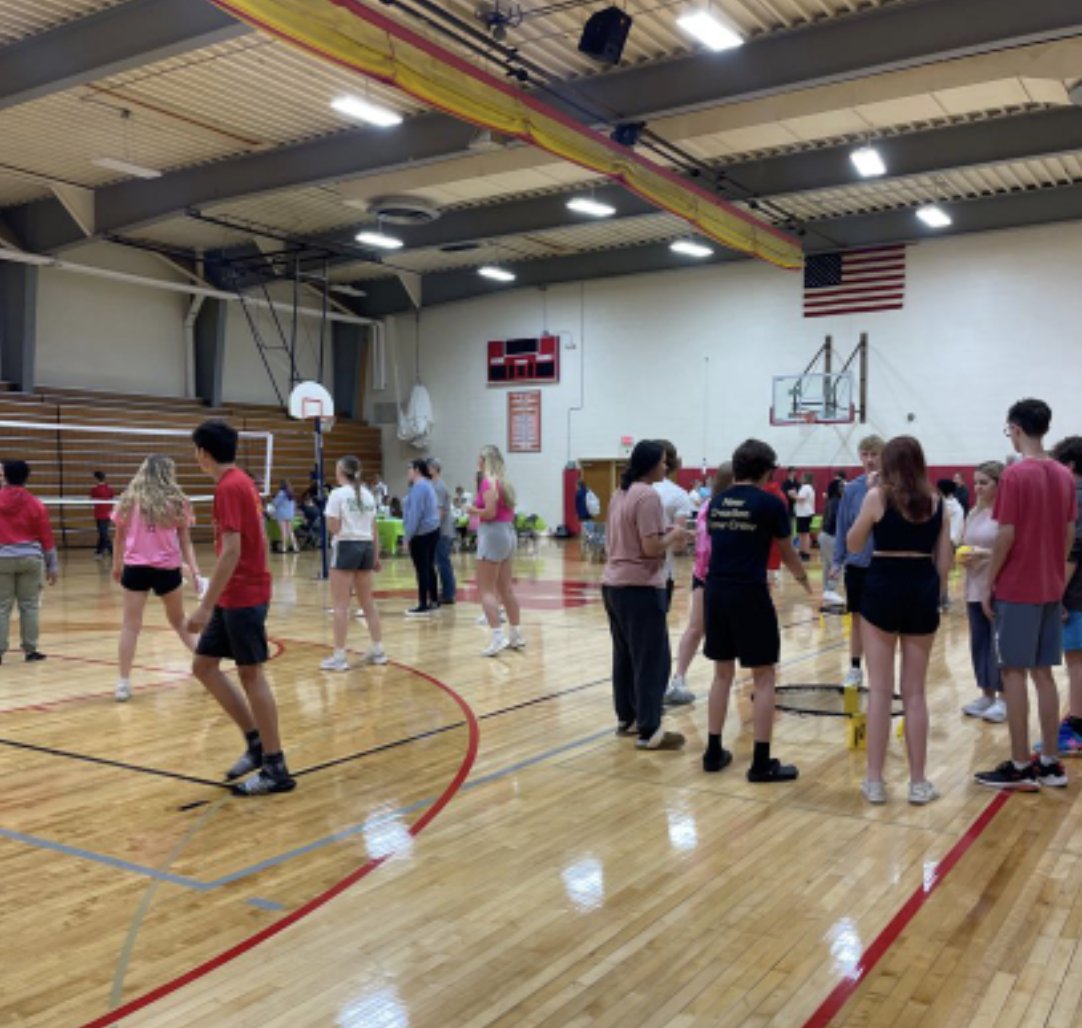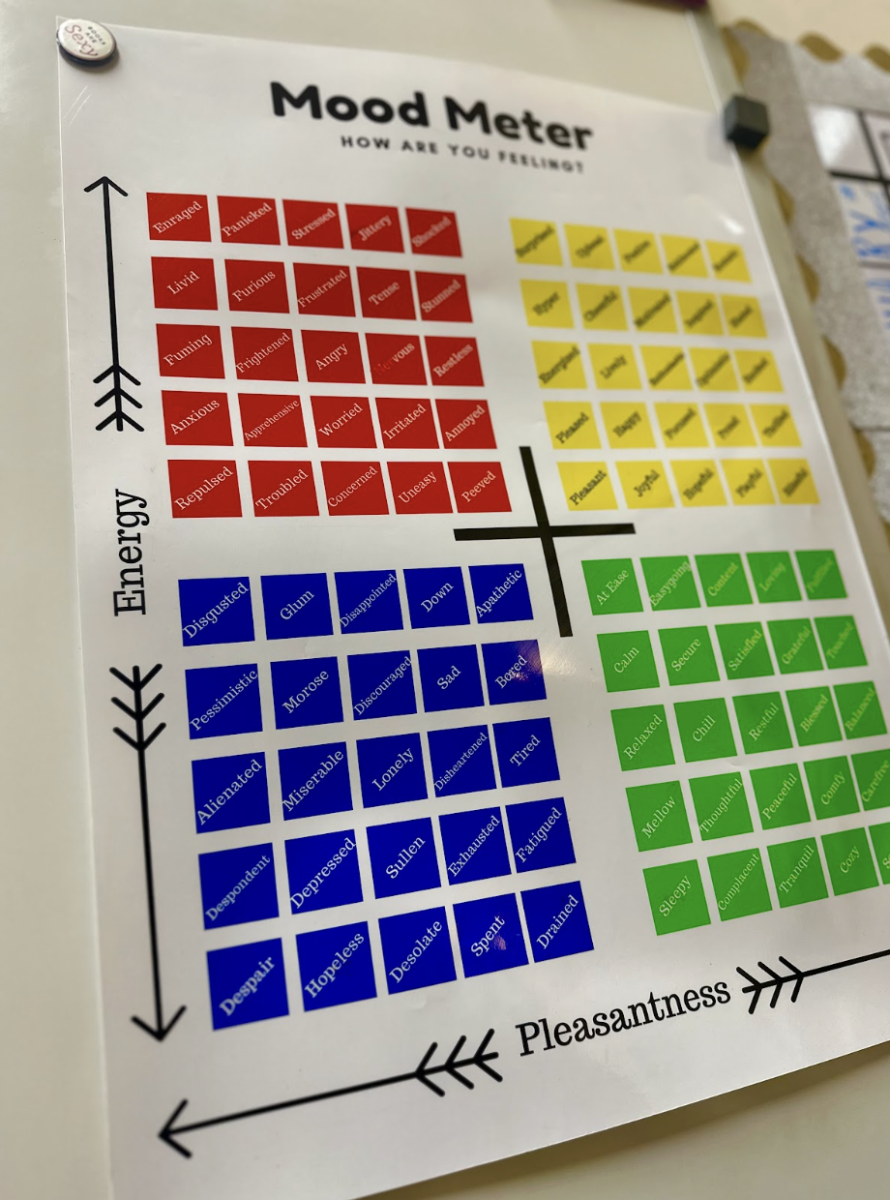With the 2024 presidential election around the corner, candidates must consider their new young audience, Gen Z voters. With this election, over half of Gen Z will be able to cast their vote for president, but the candidates aren’t looking stellar. They are having trouble appealing to the young generation that has grown up in an entirely different world than they could’ve imagined. Social media, technological advancements, new-found acceptance, and overall generational differences are leaving a gap between the candidates’ agenda and Gen Z’s hopes for their new leader.
Gen Z grew up in a completely different country than any other generation might’ve experienced. The America they know is divided even in the most challenging of times. They are feeling the effects of climate change more than any generation before, and their access to technology from birth is unprecedented. Even with all of this, that doesn’t begin to describe how a global pandemic, constant mass shootings, or a broadcasted attack on the capitol has shaped their thinking.
Gen Z is an activist generation where calling for change is more normal than not, and the presidential candidates are struggling to keep up.
Presidential candidates have always followed a standard protocol for advertising, rallying, and planning for their presidency. They put commercials out on a regular basis, often making fun of or putting down their opponents. Sometimes, they even use that as an opportunity to increase their popularity among young people. These punchlines are often found to be dumb, annoying, or outright wrong. When candidates come to different cities to give a speech, meet locals, or rally, they are often given a couple of points to focus on to appease their crowd which could differ from place to place. They might focus on farming and food resources when they’re in the Midwest but put more emphasis on foreign policy when they are on the coasts. Many Gen Z voters are seeing right through this calculated agenda and struggling to find a candidate that they are willing to vote for. According to the Washington Post, “‘Gen Z adults (21%) are less likely than all generational groups except millennials (21%) to identify as Republican.’ Though 36 percent of Gen Z adults identify as Democrats, their teenage counterparts are more likely to be independents (51 percent) than older generations.” It seems as though Gen Z is more inclined to vote based on the change they want to see versus the party it comes from.
According to WBAL-TV, 16 million members of Gen Z have become eligible to vote since 2020, and 10 million older Americans have passed in that same timeframe. If Gen Z is voting based on the change they want to see, Republicans and Democrats alike might struggle to keep their party in power consistently if their agenda doesn’t align with Gen Z’s. The new generation seems to be looking for solutions to gun control and climate change more than anything else. This is important considering how normal a school shooting or mass shootings in general have become. They are also watching as the people in power continue to overlook the global climate crisis that will affect Gen Z and on while the older generation passes before they see the damage they’ve caused.
Overall, Gen Z is looking for something refreshing and different where the candidate cares more about the people than pushing their personal agenda. If candidates refuse to adjust accordingly, they might find that what has worked in the past will fail them until they change their ways. With the preceding evidence, it seems as though the voting map might become much more flexible in years to come.

